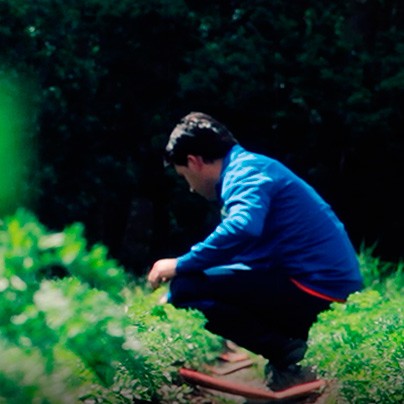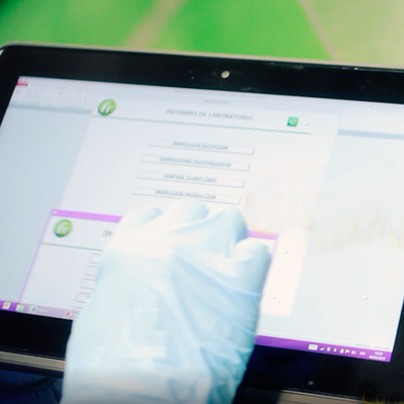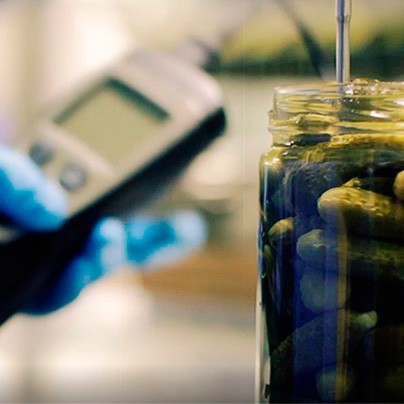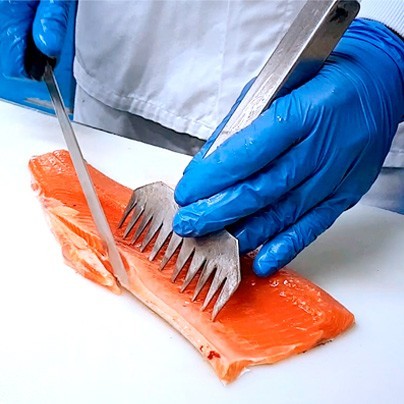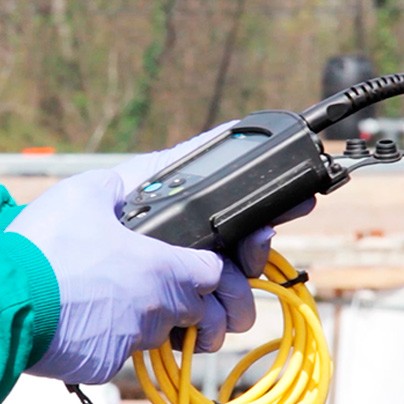WE CARE ABOUT OUR PLANET
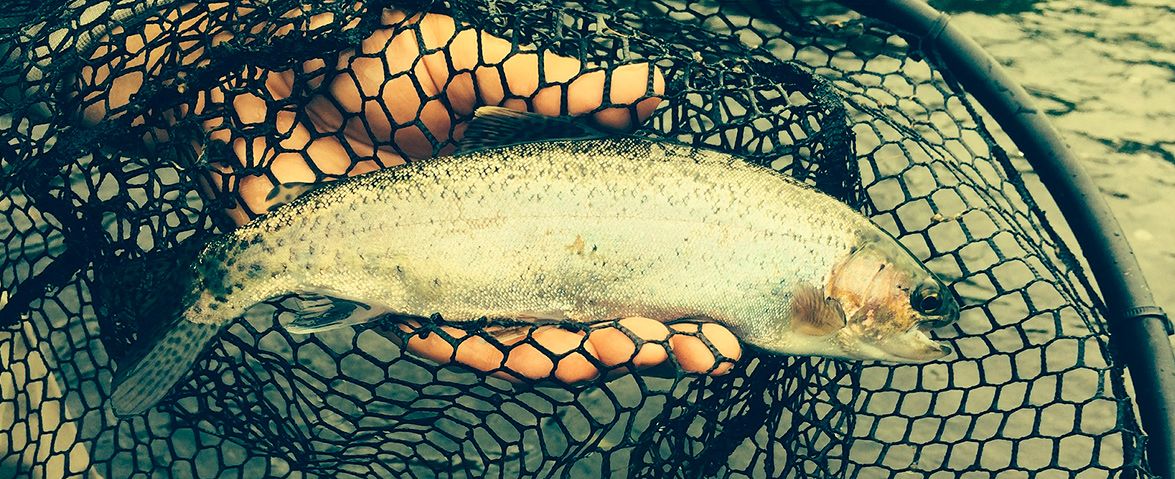
Blue Revolution
WHAT IS IT?
"The term "blue revolution" refers to the intense growth in aquaculture as a widespread and highly productive activity that has developed all over the world in the last 30 years.
The growth of this activity has been fuelled by the development of more efficient technologies in breeding and fattening, based on the implementation of animal enhancement programmes, the use of new species, the improvement of food products, new cultivation techniques... "
 9 billionpeople in the world by 2050
9 billionpeople in the world by 2050With an increase in the demand for fish products per capita (from 5.2 kg in 1961 to 18.8 kg in 2013) and the stagnation of extractive (marine) fishing production since the 1980s
 Marine resources are being depleted
Marine resources are being depletedAquaculture was and is still seen as the activity that should grow to cater for this growing demand. It is thus necessary to turn this sector into an industry that directs its efforts towards sustainability, as is the case today with agriculture.
 2014marked a milestone
2014marked a milestoneIn the year 2014 aquaculture sector to the supply of fish for human consumption exceeded for the first time that of fish caught in the natural environment.
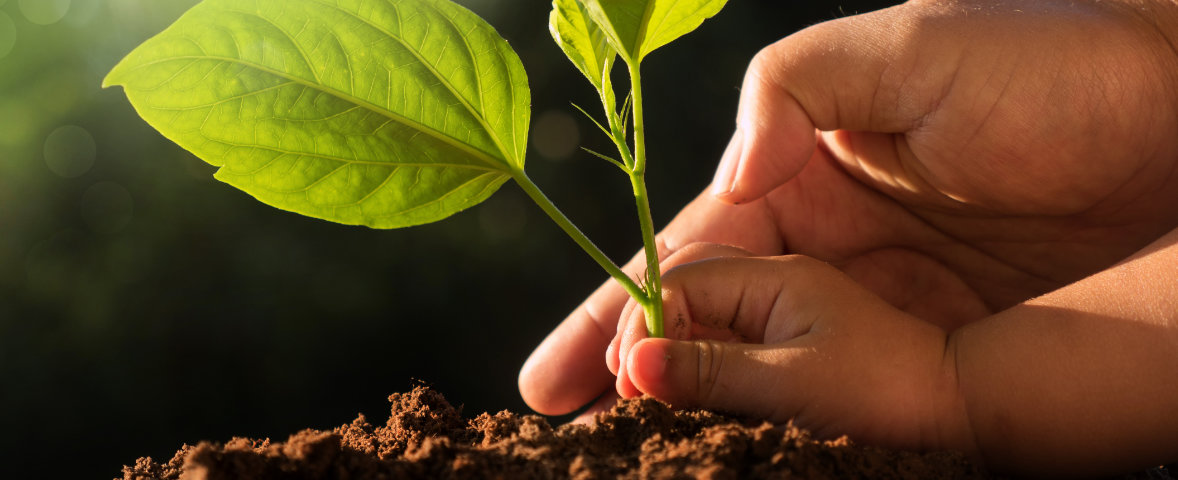
Sustainable agriculture
“Sustainable agriculture is one that, in the long term, contributes to improving environmental quality and the basic resources on which agriculture depends, satisfies basic food needs, is economically viable and improves the quality of life of producers and society as a whole"”
We work with national cooperatives and farmers who share our idea of sustainability. We consider that sustainability is, today more than ever, a very important factor for the people and activities that we associate so closely with the natural environment.
In the rural development areas where we work, we are carrying out a project to provide economic support for the establishment of drip irrigation to optimize the water resources used, also increasing yields per hectare.
We provide training courses to farmers to teach them best farming practices and also implement a quality standard movement in all our products. In this way, we are able to control first-hand the use of the seeds that we consider most appropriate and promote the responsible use of pesticides that cause little harm to the land and produce no consumer waste.


Digitalization of the primary sector
The digitalization of the primary sector, especially in rural areas, is another one of the projects on which our strategy focuses.
The digitization of this sector improves the value chain, generating "table-field, field-table" feedback through an "integrated" process that allows us to study consumers' needs and thus always drive "continuous improvement" at source, i.e. in the countryside or rivers.
We believe the most important thing is to raise awareness of the need for collaboration that, through a paradigm shift, allows us to realize that small producers can do great things, working together in the company's value chain. And that is one of the great benefits that digitization brings in this field.
The digitalization project we have launched in our rural areas of influence has focused for two years on overcoming the barriers that arise due to farmers' low level of training and the complication of telecommunications in areas far from cities.
